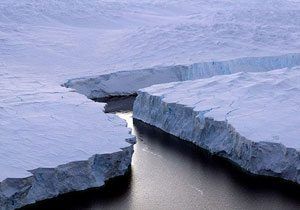Summary of Climate Change Article
Climate change, also known as global warming, refers to the rising temperatures of Earth due to human activities since the Industrial Revolution, with an increase of about 1°C. This warming isn’t just about nicer weather; it leads to more extreme and unpredictable weather patterns.
Causes of Climate Change:
- Burning Fossil Fuels: Industrial activities release greenhouse gases, trapping heat.
- Farming: Livestock, especially cows, produce methane, a potent greenhouse gas.
- Deforestation: Cutting down forests reduces the Earth’s ability to absorb carbon dioxide.
Effects on the Planet:
Climate change causes changes like increased rainfall, altered seasons, shrinking sea ice, and rising sea levels. Notably, polar species like polar bears and seals are at risk due to melting habitats, while rainforest species such as orangutans face threats from habitat loss.
Impact on Humans:
Farmers, particularly in developing countries, are feeling the effects through unpredictable weather, which complicates food production. This can lead to reliance on harmful chemicals to boost yields.
Coping Strategies:
Supporting Fairtrade ensures farmers receive fair wages, allowing them to invest in sustainable practices. Individuals can help combat climate change by adopting eco-friendly habits like using energy-saving bulbs, walking, recycling, and reducing food waste.
Taking small actions collectively can significantly impact the environment.


